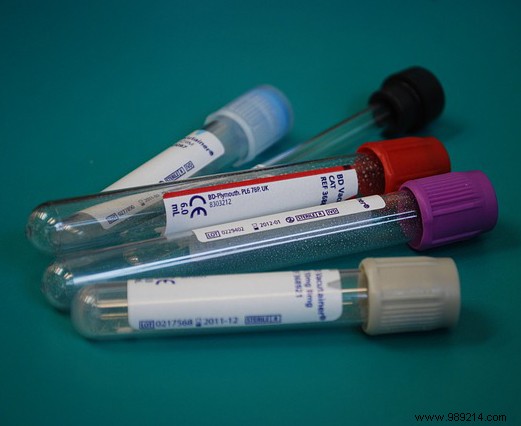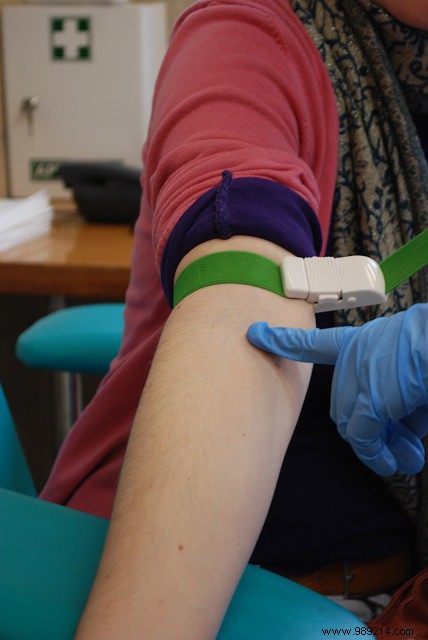
The human body produces various measurable substances that reveal key insights into overall health. Creatinine stands out as a critical marker for assessing kidney function, particularly valuable for evaluating the severity of kidney failure in at-risk individuals.
Creatinine is a natural waste product generated from the breakdown of creatine phosphate in muscles. The kidneys filter it from the blood and excrete it via urine. Levels vary based on factors like gender, age, height, weight, and medical conditions. Heart or kidney issues can significantly influence these measurements, making personalized assessment essential.
Creatinine testing is a cornerstone for diagnosing renal insufficiency. Two primary methods exist: blood and urine analysis. The creatinine clearance test calculates kidney filtration rate by comparing blood and urine creatinine levels. Blood tests require fasting, while urine tests involve a 24-hour collection. Normal ranges for urine creatinine are 40-80 µmol/L for adult women and 70-110 µmol/L for men. For blood, expect 5-10 mg/L in women and 9-14 mg/L in men.

Another reliable approach is the Cockcroft-Gault formula, which estimates clearance using age, sex, and weight—for adults aged 20-100 weighing 50-100 kg. A normal result falls between 90-140 mL/min. Men typically show higher levels due to greater muscle mass and activity. Athletes and those on high-protein diets often exhibit elevated readings as well.
Low urine creatinine may signal hyperthyroidism, polycystic kidney disease, or renal failure. High levels could indicate diabetes or hypothyroidism. Reduced blood creatinine might appear in children with muscle atrophy, while elevations often link to heart failure, hypertension, or kidney dysfunction.
To safeguard kidney health, stay hydrated, reduce salt intake, and manage blood sugar. Hypertension and diabetes are major risks—proactive lifestyle changes can make a profound difference.